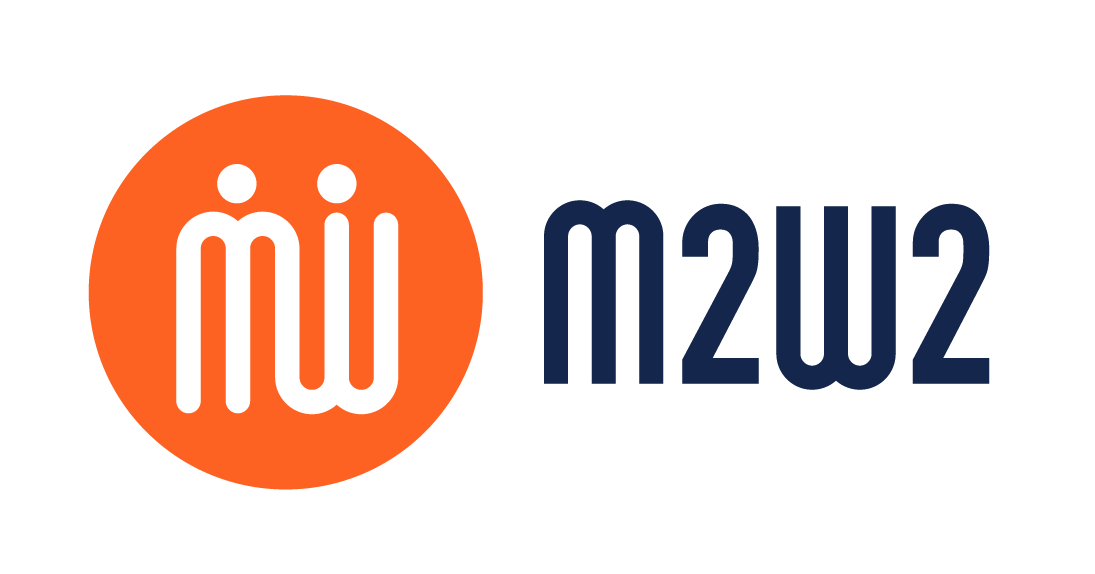This past March, in response to the COVID-19 pandemic, Correctional Services Canada (CSC) and BC Corrections closed the province’s prisons to visitors and volunteers. Family visits and in-prison volunteer programs were suspended, along with work releases, Escorted Temporary Absences (ETAs), and more.
As the recommendations made by our health authorities evolved in recent months, CSC has slowly reopened some federal institutions to visitors and a small number of volunteers—including representatives from our organization.
Provincial institutions, however, remain closed to volunteers.
Gradual Return
We are thankful that we are able to resume our in-prison mentorship program in a limited capacity at Kent Institution; Kwìkwèxwelhp Healing Village (Kwi); and Fraser Valley Institution for Women (FVI).
One representative from our organization is allowed to visit Kent and Kwi, and two representatives are permitted to visit FVI.
To protect the health of everyone, CSC has installed COVID-related safety protocols at its institutions. Upon arrival, visitors undergo active screening for COVID-19 and a temperature check. During visits they must wear masks, sanitize their hands, and practice social distancing.
About three weeks ago, M2/W2 Volunteer Coordinator Pascal Adam resumed his visits to Kwi and Kent. “Some of the guys are the same,” said Pascal. “and I’ve met some new guys as well.”
Pascal is visiting Kent each Thursday, and before he visits, he receives a list of people he will meet with that day. The meetings occur one on one, in an interview room. He also attends the chapel service and sits in with the chaplain.
On Mondays, Pascal visits Kwi, and is able to meet with anyone who is interested. “I have one faithful guy I’ve known for years,” said Pascal. “He’ll arrive first and keep me company. Then others will arrive and want to talk.”
Unfortunately, Pascal hasn’t been able return to Mission Institution, which was the site of one of the province’s largest COVID-19 outbreaks. While the outbreak was declared over at the end of May, both the medium and minimum facilities at Mission are still closed to volunteers.
Likewise, Mountain and Matsqui also remain closed to volunteer visits.
Weekly Visits to FVI
At Fraser Valley Institution for Women (FVI), CSC has allowed two volunteers to return.
“We feel blessed that we’re allowed to go back,” said Luminita Dudas, who is a Volunteer Coordinator and NOLA Case Manager. Luminita and M2/W2 Board Member and volunteer Julie Brandsema are meeting with women individually on Thursday nights. Luminita visits weekly, alternating between the annex and the main facility. Julie is visiting the annex on the weeks when Luminita is at the main facility.
During the spring and summer, many programs were halted at FVI. The library and kennel closed, and classes in flower arrangement and esthetics were halted. “Many women didn’t have their regular jobs,” said Luminita.
Luminita and Julie have made it their goal to connect with all the women who are involved with the W2 program at FVI. Luminita is also meeting with the regular FVI volunteer mentors to keep them informed about how their matches are doing.
“Some women at the annex are taking online classes,” said Luminita, “so when they’re released, they can continue their studies or find jobs.”
Staying in Touch
Throughout the year, Pascal has been visiting men at local transition houses, including Chilliwack Community Correctional Centre (CCCC) and Tims Manor in Abbotsford. He’s also cleared to take phone calls from prisoners.
In addition, Luminita and Pascal have been encouraging volunteers to write letters to their matches, and Luminita has arranged phone calls through our office. While letters and phone calls can be very meaningful, the personal connection of an in-person visit is hard to replace.
Before the pandemic, over 200 volunteers were mentoring people at 13 institutions across BC, and logging over 400 volunteer hours every month. These volunteers were building relationships, sharing compassion and guidance, and helping people in prison stay connected to the wider world—a connection that can help foster hope and purpose.
Continuing these relationships is even more important as the pandemic slogs on. People in prison often experience feelings of isolation and stress, and under the pall of COVID-19, these feelings are surely more acute.
At M2/W2, we are eager to resume our in-prison mentorship program, and are glad to be back, despite being limited to a handful of representatives and institutions. We look forward to meeting with more prisoners soon, and seeing the return of more volunteer mentors.

